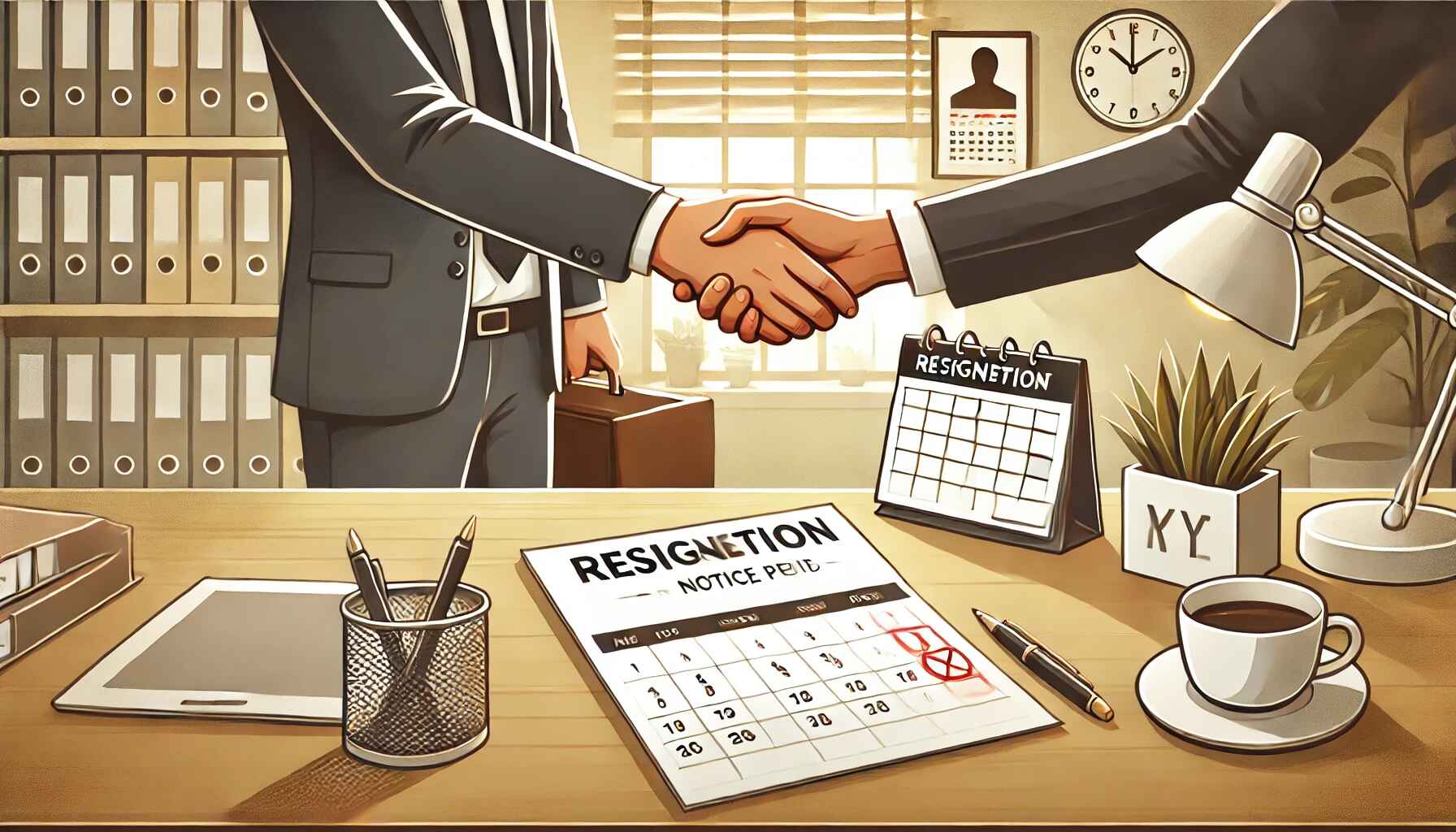When and How to Leave a Job Without Burning Bridges
Leaving a job is a significant decision that requires careful handling. Your exit can shape how your colleagues and employers view you, influencing your professional reputation and future opportunities. Regardless of your reasons for leaving—whether you’re moving to a better opportunity or stepping away from a role that no longer aligns with your goals—the way you manage your departure can have lasting effects.
The objective is to leave on good terms, ensuring you maintain positive relationships and preserve a strong professional network. Here’s how to plan your exit thoughtfully and professionally, without burning bridges.
Timing Your Exit Thoughtfully
Choosing the right time to leave is critical to a smooth and respectful transition. Consider both your personal needs and the organization’s circumstances. Leaving during a stable period, when your departure won’t add unnecessary strain on your team or disrupt critical projects, demonstrates respect for the company’s operations.
If you’re involved in an important project or the company is facing a challenging period, delaying your departure (if feasible) can show your commitment to the team’s success. Timing your exit thoughtfully conveys professionalism and helps maintain goodwill. For example, understanding policies such as unpaid leave calculation UAE can also influence your decision about when to leave, ensuring you manage any outstanding entitlements properly.
Providing Adequate Notice
The standard two weeks’ notice is often sufficient, but certain roles may require a longer transition period. For senior or specialized positions, giving three to four weeks’ notice allows your employer ample time to plan and find a replacement. It also enables you to wrap up responsibilities and contribute to a smoother handover.
Avoid leaving immediately after receiving significant rewards, such as a promotion or raise, as this could leave a negative impression. Demonstrating thoughtfulness in your timing helps reinforce positive relationships with your employer and colleagues.
Framing the Conversation Professionally
When informing your employer of your decision to leave, professionalism is key. Schedule a private, one-on-one meeting with your manager to discuss your resignation. Start the conversation on a positive note by expressing gratitude for the opportunities you’ve had and highlighting what you’ve learned during your time with the company.
Keeping the Tone Positive
When explaining your reasons for leaving, focus on future aspirations rather than dissatisfaction with your current role. For example, you might say, “I’m excited about pursuing a new opportunity that aligns with my long-term career goals,” rather than voicing frustrations about the organization. This approach maintains a positive tone and avoids unnecessary tension.
If you’ve secured a new position, you don’t need to provide detailed information about your next role unless you’re comfortable doing so. The key is to keep the discussion centered on your departure and how you can support the transition.
Supporting the Transition Process
Once you’ve announced your resignation, your actions during the transition period play a significant role in leaving a positive impression. Offer to assist with the handover process by documenting your tasks, training your replacement, or ensuring that ongoing projects are on track.
Communicating Transparently with Your Team
Be open with your colleagues about your departure timeline and the steps you’re taking to ensure a seamless transition. This transparency reduces uncertainty and demonstrates your commitment to the team’s success even as you prepare to leave.
Staying Engaged Until the End
While it can be tempting to mentally check out after giving notice, maintaining your focus and professionalism during your final days leaves a lasting positive impression. Continue to meet deadlines, attend meetings, and contribute actively until your last day.
Maintaining Positive Relationships
Your relationships with colleagues and supervisors are among the most valuable assets you can carry forward after leaving a job. Prioritize maintaining these connections by taking the time to express gratitude and appreciation.
Connecting with Colleagues
Before your departure, have personal conversations with key team members to thank them for their collaboration and support. Exchange contact information, connect on professional networking platforms, and express your interest in staying in touch. These gestures show that you value the relationships you’ve built and help preserve your professional network.
Exit Interviews
If your company conducts an exit interview, approach it constructively. Offer balanced feedback that highlights areas for improvement while acknowledging the positive aspects of your experience. Constructive feedback demonstrates professionalism and leaves a better impression than airing grievances.
Keeping the Door Open for Future Opportunities
Leaving on good terms not only preserves your professional reputation but also keeps the door open for future collaborations or recommendations.
Follow-Up After Leaving
After your departure, consider sending a thank-you note to your manager, expressing your appreciation for the opportunity to grow and learn. Highlight specific experiences or projects that had a meaningful impact on your career.
Maintaining Long-Term Connections
Stay connected with former colleagues and supervisors by occasionally reaching out, sharing relevant industry insights, or checking in on their progress. These small efforts help maintain relationships and reinforce your professional network.
Final Thoughts
Leaving a job without burning bridges requires thoughtful planning, clear communication, and a commitment to professionalism. By timing your exit carefully, framing your resignation positively, and supporting the transition process, you can ensure that your departure leaves a lasting positive impression.
Maintaining strong relationships with former colleagues and employers can lead to future opportunities and strengthen your professional reputation. Whether you’re advancing to a new role or exploring new directions, a respectful and well-managed exit sets the foundation for continued career success.









